Rs 2,000 notes withdrawn from circulation: Don't panic, this is NOT demonetisation
Rs 2,000 banknotes withdrawn: Rs 2,000 denomination banknote was introduced in November 2016 under Section 24(1) of RBI Act, 1934 primarily to meet the immediate currency requirement of the economy after the withdrawal of the legal tender status of all Rs 500 and Rs 1,000 banknotes in circulation at that time.
)
Rs 2,000 banknotes withdrawn from circulation: The Reserve Bank of India (RBI)'s announcement regarding the withdrawal of the Rs 2,000 banknotes from circulation, late Friday (May 19, 2023) created a stir among people both offline and online with many recalling the ordeals and scariest memories of the demonetisation that was announced on November 8, 2016. However, yesterday's circular must not be compared or confused with the 'Demonetisation 2016', experts say. The circular clearly mentions that the government will withdraw the Rs 2,000 currency notes from the system and the people are encouraged to exchange/deposit the banknotes by September 30, 2023. Moreover, the central bank has also clarified that the Rs 2,000 currency notes will continue to remain legal tender. The Finance Secretary T V Somanathan, too, clarified that the exercise is not a demonetisation but a replacement of Rs 2,000 currency notes.
Yaduvendra Mathur, former secretary to the Government of India, NITI Aayog, in a panel discussion on Zee Business TV channel, opined that there is no need to worry or be scared. The government has not taken the decision to scare people but to make their life easier. These decisions are driven by factors such as "Ease of Living" and "Ease of doing Business".
Rs 2,000 denomination banknote was introduced in November 2016 under Section 24(1) of RBI Act, 1934 primarily to meet the immediate currency requirement of the economy after withdrawal of the legal tender status of all Rs 500 and Rs 1,000 banknotes in circulation at that time. With the fulfilment of the objective of introducing the Rs 2,000 denomination and availability of banknotes in other denominations in adequate quantity, the printing of Rs 2,000 banknotes was stopped in 2018-19, the RBI said in its circular on May 19.
Besides, the majority of the Rs 2,000 denomination notes issued prior to March 2017, have completed their estimated lifespan and are not observed to be commonly used for transactions anymore. Therefore, it has been decided that, in pursuance of the “Clean Note Policy” of the Reserve Bank of India, the Rs 2,000 denomination banknotes shall be withdrawn from circulation. The Rs 2,000 banknotes will continue to be legal tender, the circular added.
The Clean Note Policy is the policy adopted by RBI to ensure the availability of good quality banknotes to the members of the public.
ALSO READ: Rs 2,000 currency note to be withdrawn: Banks told to stop issuing immediately
The central bank of India has also mentioned that the Rs 2,000 denomination banknote will continue to remain as legal tenders and the citizens are encouraged to exchange the Rs 2,000 denomination notes by September 30, 2023.
Below is the list of FAQs with the answers that you need to know about the RBI's decision -
Does the legal tender status of Rs 2,000 banknotes remain?
Yes. The Rs 2,000 banknote will continue to maintain its legal tender status.
Can Rs 2,000 banknotes be used for normal transactions?
Yes. Members of the public can continue to use Rs 2,000 banknotes for their transactions and also receive them in payment. However, they are encouraged to deposit and/or exchange these banknotes on or before September 30, 2023.
What should the public do with the Rs 2,000 denomination banknotes held by them?
Members of the public may approach bank branches for deposit and/or exchange of Rs 2,000 banknotes held by them.
The facility for deposit into accounts and exchange for Rs 2,000 banknotes will be available at all banks until September 30, 2023. The facility for exchange will be available also at the 19 Regional Offices (ROs) of RBI having Issue Departments1 until September 30, 2023.
Is there a limit on deposit of Rs 2,000 banknotes into a bank account?
Deposit into bank accounts can be made without restrictions subject to compliance with extant Know Your Customer (KYC) norms and other applicable statutory/regulatory requirements.
Is there an operational limit on the amount of Rs 2,000 banknotes that can be exchanged?
Members of the public can exchange Rs 2,000 banknotes upto to a limit of Rs 20,000 at a time.
Can Rs 2000 banknotes be exchanged through Business Correspondents (BCs)?
Yes, an exchange of Rs 2000 banknotes can be made through BCs upto a limit of Rs 4000 per day for an account holder.
From which date will the exchange facility be available?
To give time to the banks to make preparatory arrangements, members of the public are requested to approach the bank branches or ROs of RBI from May 23, 2023, for availing of an exchange facility.
Is it necessary to be a customer of the bank to exchange Rs 2,000 banknotes from its branches?
No. A non-account holder also can exchange Rs 2,000 banknotes up to a limit of Rs 20,000 at a time at any bank branch.
What if someone needs more than Rs 20,000 cash for business or other purposes?
Deposits into accounts can be made without restrictions. The Rs 2000 banknotes can be deposited into bank accounts and cash requirements can be drawn thereafter, against these deposits.
Is there any fee to be paid for the exchange facility?
No. The exchange facility shall be provided free of cost.
Will there be special arrangements for senior citizens, persons with disabilities, etc. for exchange and deposit?
Banks have been instructed to make arrangements to reduce inconvenience to senior citizens, persons with disabilities, etc., seeking to exchange/deposit Rs 2000 banknotes.
What will happen if one cannot deposit/exchange Rs 2000 banknote immediately?
To make the entire process smooth and convenient for the public, a period of over four months has been given for the deposit and/or exchange of ₹2000 banknotes. Members of the public, are, therefore, encouraged to avail this facility at their convenience within the allotted time.
What will happen if a bank refuses to exchange/accept the deposit of Rs 2000 banknote?
For redress of grievance in case of deficiency of service, the complainant / aggrieved customer may first approach the concerned bank. If the bank does not respond within a period of 30 days after lodging the complaint or if the complainant is not satisfied with the response/resolution given by the bank, the complainant can lodge the complaint under the Reserve Bank - Integrated Ombudsman Scheme (RB-IOS), 2021 at the Complaint Management System portal of RBI (cms.rbi.org.in).
(Source: RBI circular)
Get Latest Business News, Stock Market Updates and Videos; Check your tax outgo through Income Tax Calculator and save money through our Personal Finance coverage. Check Business Breaking News Live on Zee Business Twitter and Facebook. Subscribe on YouTube.
RECOMMENDED STORIES
02:12 PM IST






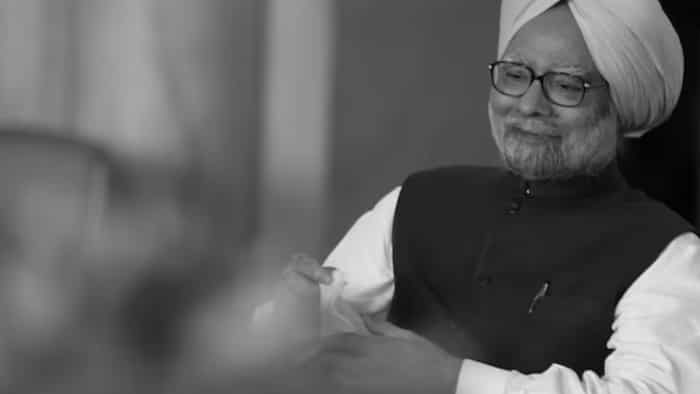
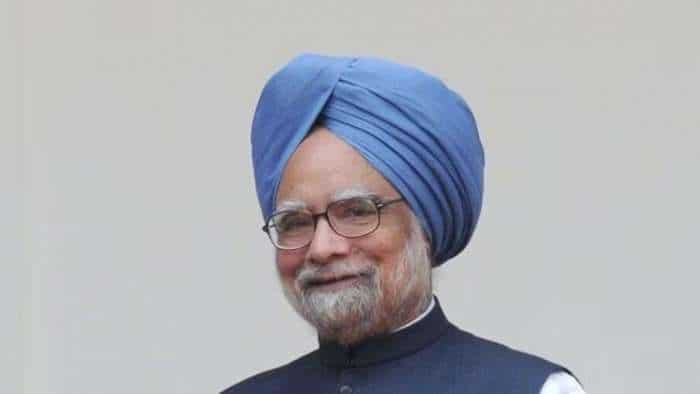
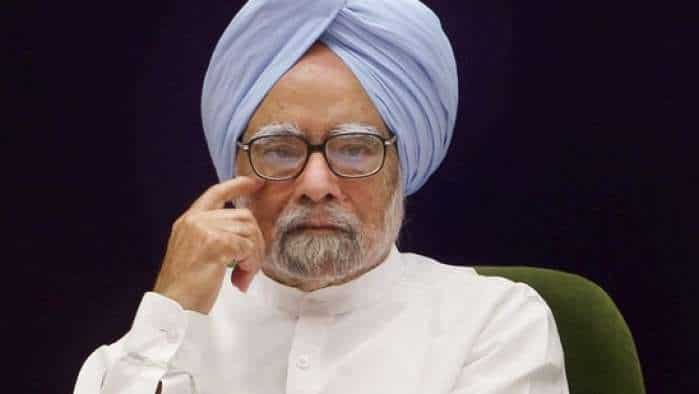
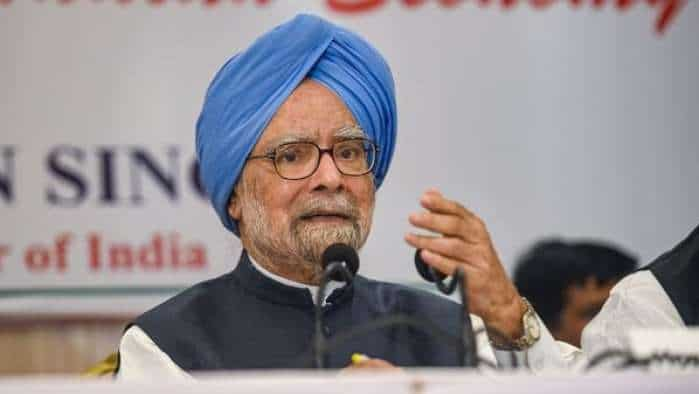
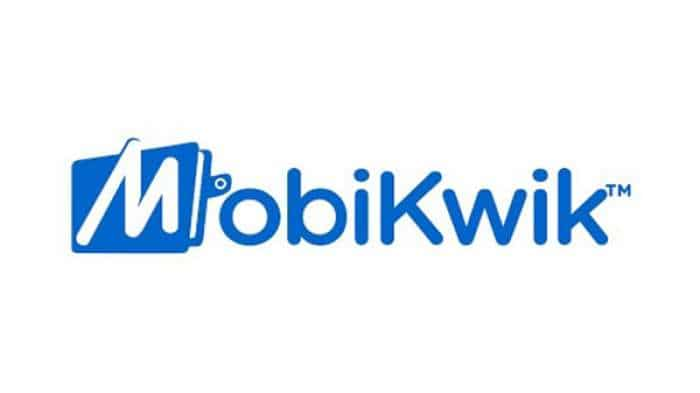
 Rs 2000 currency note exchange and deposit begins: Check limit, exchange form, requisition slip, identity proof, other rules
Rs 2000 currency note exchange and deposit begins: Check limit, exchange form, requisition slip, identity proof, other rules Petrol pumps in Kolkata see 10-times spike in payments in Rs 2,000 currency notes
Petrol pumps in Kolkata see 10-times spike in payments in Rs 2,000 currency notes